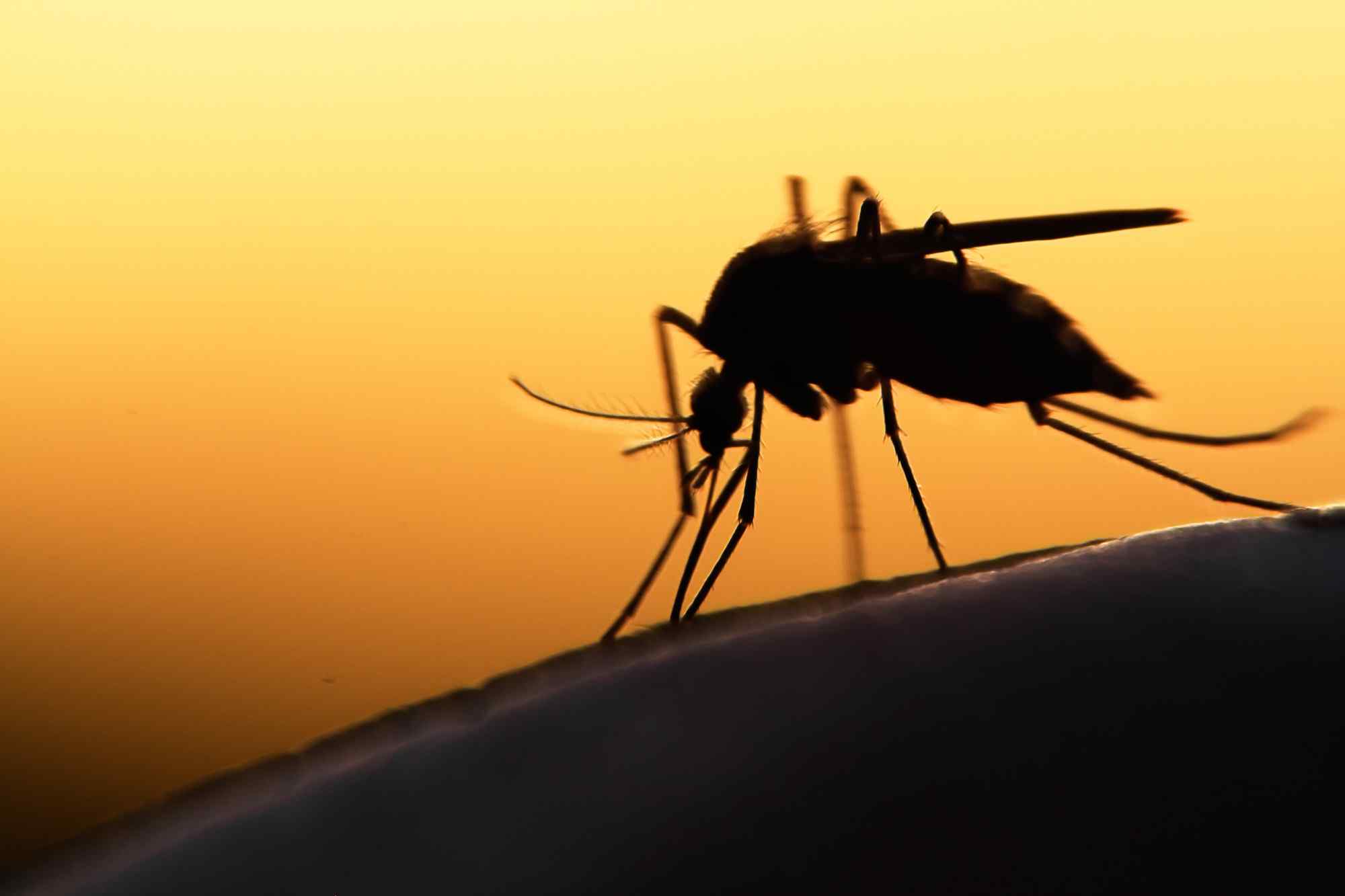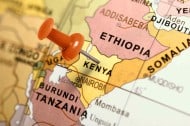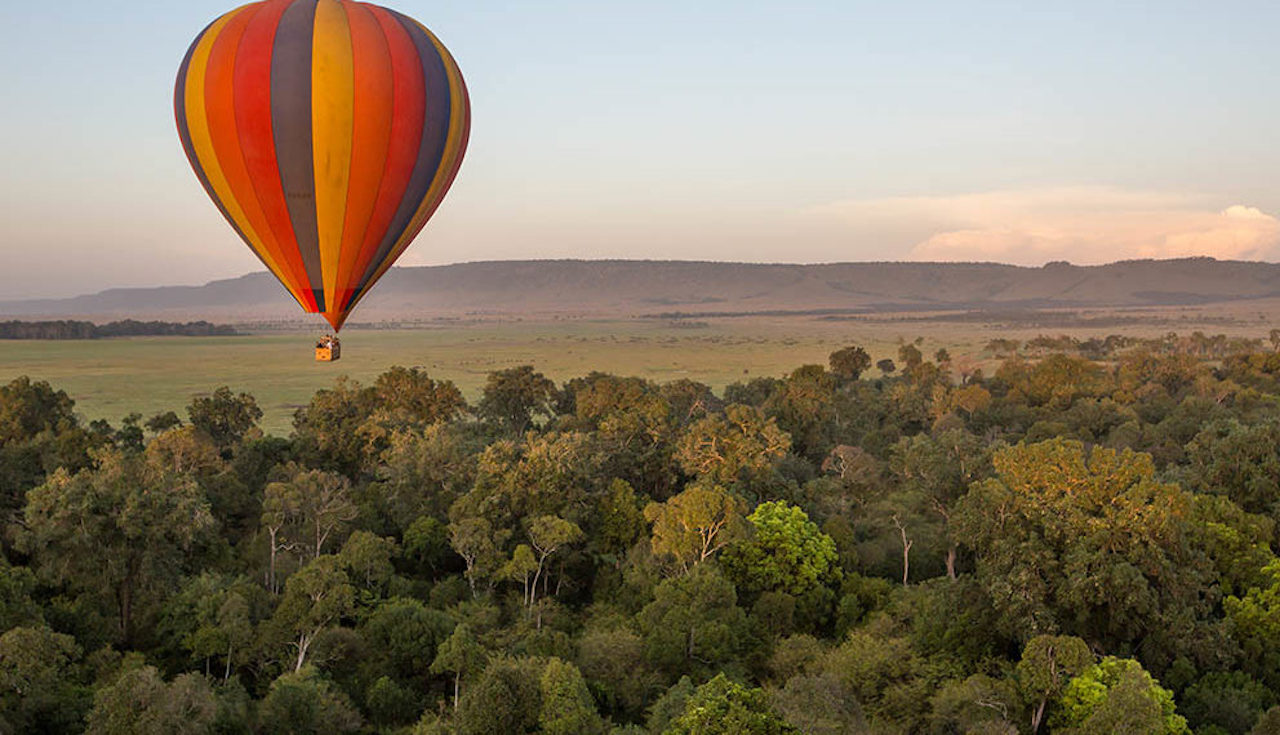
The Most Effective Bug Repellents for African Safaris
Going on an African Safari is a trip of a lifetime. You’ll see and do things that you’ll remember for the rest of your life. Whether you’re going as a couple, taking the whole family or enjoying a solo trip, you’re sure to enjoy yourself.
However, there’s one thing that can get in the way of your enjoyment- bugs. You’ll likely already know that Africa is known for mosquitos and other pesky bugs that can bite. Here are some tips on finding the best bug repellent for your trip.
What is Malaria?
Female Anopheles mosquitos spread malaria. These mosquitos will most often bite during the night, so it’s essential to sleep with a mosquito net during your trip. The Malaria parasite enters the bloodstream and then travels to the liver.
Once the infection develops, it re-enters the bloodstream and attacks red blood cells. Some of the symptoms of Malaria include:
- Vomiting
- Diarrhea
- Fever
- Chills
- Sweating
- Muscle Pain
There are lots of things you can do to repel these mosquitos and other bugs you may encounter on your trip.
Top Tip 1
When choosing which bug repellent to take with you, you may be faced with an extensive choice. Remember that cheap repellents may not work as well and you’ll be putting yourself at risk using them.
The main ingredient in any good bug repellent is DEET. The higher the concentration of DEET in your repellent, the more protected you’ll be from bugs. You can find out the concentration by looking at the ingredients list.
In addition, the higher the concentration of DEET, the longer your repellent will last. For example, a repellent with 80% DEET could last up to ten hours if you’re out exploring for the day.
Always read the instructions on your repellent carefully as some should not be applied directly to your skin.
Which Repellents Should I Buy?
It’s often better to buy your repellents before you go on your trip. It could be difficult to find them while you’re traveling. Here are some repellents you can rely on while you’re away.
- RID Tropical Insect Repellent- This Australian produced repellent is considered one of the best on the market. It’s safe to spray directly onto your skin and clothing and it repels all flying insects. It comes in both spray and roll-on form.
- Natrapel 8-hour insect repellent- This is another repellent that’s safe to use on your skin. That’s because the product is totally DEET free and uses a Picaridin formula instead.
- Mosi Guard- This is a popular insect repellent choice because the ingredients are more natural. The active ingredient is OLE (Oil of lemon eucalyptus) which is known to successfully repel mosquitos.
- Jungle Formula- This repellent contains 50% DEET and it comes in a handy spray that’s easy to carry around as you explore. This is also a great option for children above the age of six-years-old. You can pick this up on Amazon for quick delivery.
Mosquito Repellent and Young Children
The ingredient DEET is not recommended for young children’s skin. The highest percentage that can safely be applied is 7%. It is also unwise to apply any bug repellent to children’s hands as they have a habit of rubbing their eyes or putting their fingers in their mouths.
RID Tropical Insect Repellent is one of the safest options on the market. They make a child-safe version of their repellent called KIDs RID.
Electronic Repellents
Many people wonder whether electronic repellents work as well as sprays or roll on’s. After all, it would save you the hassle of remembering to apply your repellent. However, it is not recommended that you use an electronic repellent alone.
Electronic repellents need to be plugged in at an electronic point, so they’re most useful in hotel rooms as you sleep. The repellent releases vapor into the room that will discourage bugs from entering.
You should still reapply your spray or lotion before sleeping each night to make sure you’re fully protected, especially when visiting areas like Nigeria.
Top Tip 2
Have you ever wondered why people on safari wear light-colored clothes? You’ve probably seen the light-colored shirts and cargo pants before. In fact, it’s often referred to as ‘going on safari‘.
There’s a good reason why people on safari wear these light colors. While traveling around, you’re more susceptible to bug bites but bugs are far more attracted to darker colors.
So, bare that in mind while you’re packing your suitcase. White, cream and beige colors are all great if you’ve got a lot of sight-seeing to do.
It’s also important to make sure you pack long sleeve tops and pants. Cotton is a fantastic fabric for staying cool in the heat. You should aim to wear long sleeves and pants first thing in the morning and last thing at night when the mosquitos tend to be out in force.
Top Tip 3
When you’re out exploring and enjoying yourself, it can be difficult to remember to reapply your mosquito repellent. A great way of reminding yourself is to set a timer on your watch or phone so you get an alert when you’re busy.
Choosing The Best Bug Repellent For You
If you’re headed on an African safari, bug repellent is a must for your travel kit. Since many areas of Africa are known for malaria mosquitos, it’s important to choose a repellent that is reliable.
Look at the reviews and avoid buying cheap replications. Here are some more facts to know about your African safari.


